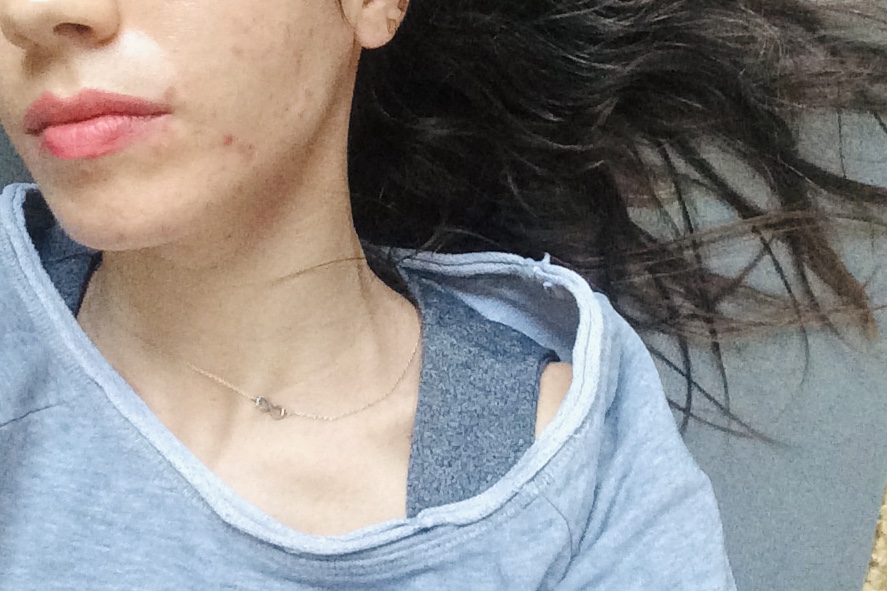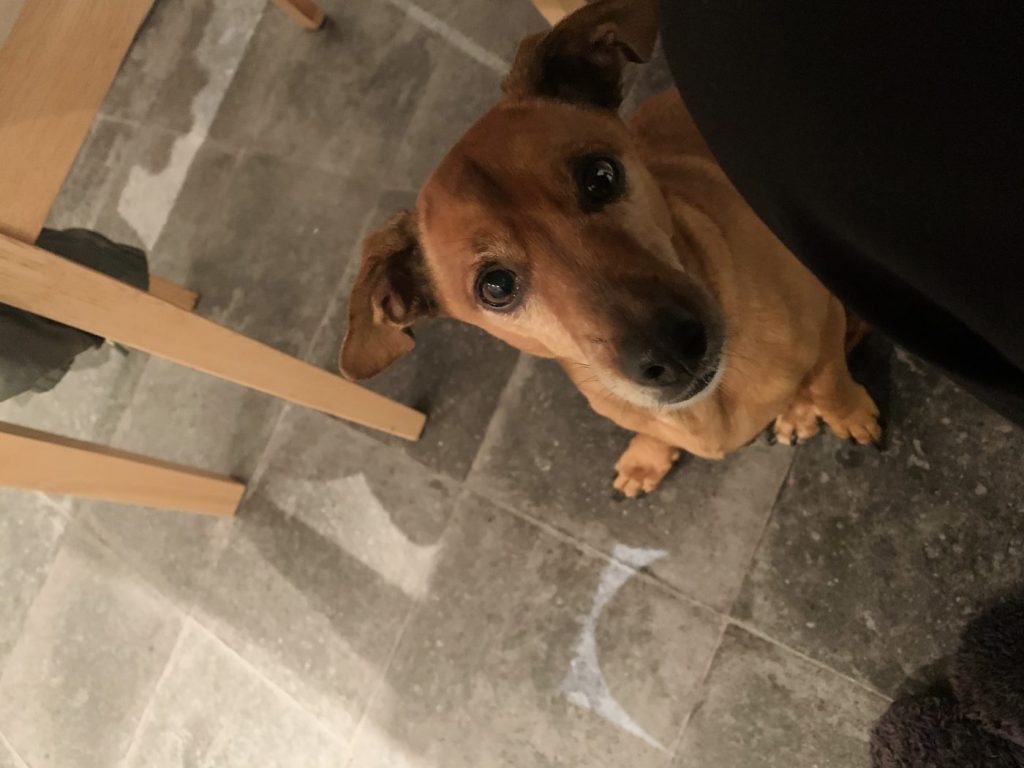Bleeding is not the nicest of topics, but when you’re born with ovaries, discussing it can become as natural as a moth flying through the window. Yet, when I was little, I had no idea how much of my own blood I’d see during my life.
My mother’s period talk failed to mention any sticky red substance. When I inquired further, she said she bled very little. So, imagine my surprise when at age 12 I ended up in the hospital because my body had expelled a puddle of blood a meter wide.
Are you grossed out yet? Because if you are, you may be part of the problem. I believe many of us are. Periods are still taboo, because most of us stay tight-lipped, clutching our hot water bottles and discreetly asking our friends for tampons.
I mentioned secrecy around periods in my column a few weeks back when discussing shame. It’s something that had me thinking: Why this stigma? When something sticks for so long, it does so because it is beneficial for some.
I reached out to Leah Manasseh, a filmmaker, storyteller, and director of “I Bleed,” a documentary film and multimedia platform about periods that includes a podcast centered around the sharing of menstrual stories.
Why does this secrecy around periods exist, and who benefits from it?
Leah believes the patriarchal system our societies are based on benefits from the lack of period talk. To her, this is no shocker, it’s just how it has been for a long time.
She explained: “What is more shocking to me is that often the ones who are making decisions about our bodies are people who don’t bleed. … If men had their periods, the way we talk about periods today would be very different.”
The silence around periods prevents countless people from being diagnosed with endometriosis, a destructive disease that is easier to manage when discovered early. In certain cultures, the stigma is weighted down by beliefs about impurity that ensure that anyone on their period will be treated like a second-class citizen and forced to go through something entirely natural in secrecy and shame.

Additionally, this lack of information about our monthly bleed contributes to ignorance about our cycles, symptoms, potentially disruptive events like PMS, and its extreme version, premenstrual dysphoric disorder, or PMDD.
When I was a teenager, the sexual health education I received included being told how tampons would take away our virginity. Luckily, things have improved since then. Younger generations are more knowledgeable and vocal, and social media has become a powerful tool for period awareness. But I realize this is an easy thing to say for someone with easy access to smartphones and reliable internet. It is a privilege that not everyone has, as Leah pointed out.
“I’m pretty sure if you head to any developing country and talk about periods, the conversation remains the same,” she said. “I think it will take years if not centuries for the conversation to change fully.”
What can we do from where we stand?
For starters, we need to become more casual about periods. If we’re not feeling well, labeling our symptoms as “women stuff” pushes period talk and any menstrual disorders into darkness. Are we weak due to severe blood loss? Are we suffering from stabbing pains? We need to be more open.
Leah believes that change starts in our own homes, “with our family, with our circle of friends, and hoping to create a ripple effect on the world around us and for generations to come.”
During our conversations, I got a feeling of how special periods are. They affect only half of the population on this planet, and signify that certain bodies are ready to bring life into this world by creating an actual human being. Few things are as powerful as that, yet current period talk does not frame it that way.
If we have a period and complain about the pain, we are easily accused of not being strong enough. Dear readers, raise your hand if a doctor has ever told you to take a painkiller and go home.
Periods are not shameful, but silence makes them that way.
If we keep hiding tampons like they’re an illegal drug, or sugar-coating bad periods, we are creating a damaging, dirty little secret.

Periods can hurt like hell, they can be messy, and they come in all sorts of intensity levels. That is why we need to discuss them openly, to prepare younger generations for any irregularities, to encourage them to speak up, and also to break down the walls that prevent us from getting help when it doesn’t feel right.
***
Note: Endometriosis News is strictly a news and information website about the disease. It does not provide medical advice, diagnosis, or treatment. This content is not intended to be a substitute for professional medical advice, diagnosis, or treatment. Always seek the advice of your physician or other qualified health provider with any questions you may have regarding a medical condition. Never disregard professional medical advice or delay in seeking it because of something you have read on this website. The opinions expressed in this column are not those of Endometriosis News or its parent company, BioNews, and are intended to spark discussion about issues pertaining to endometriosis.

